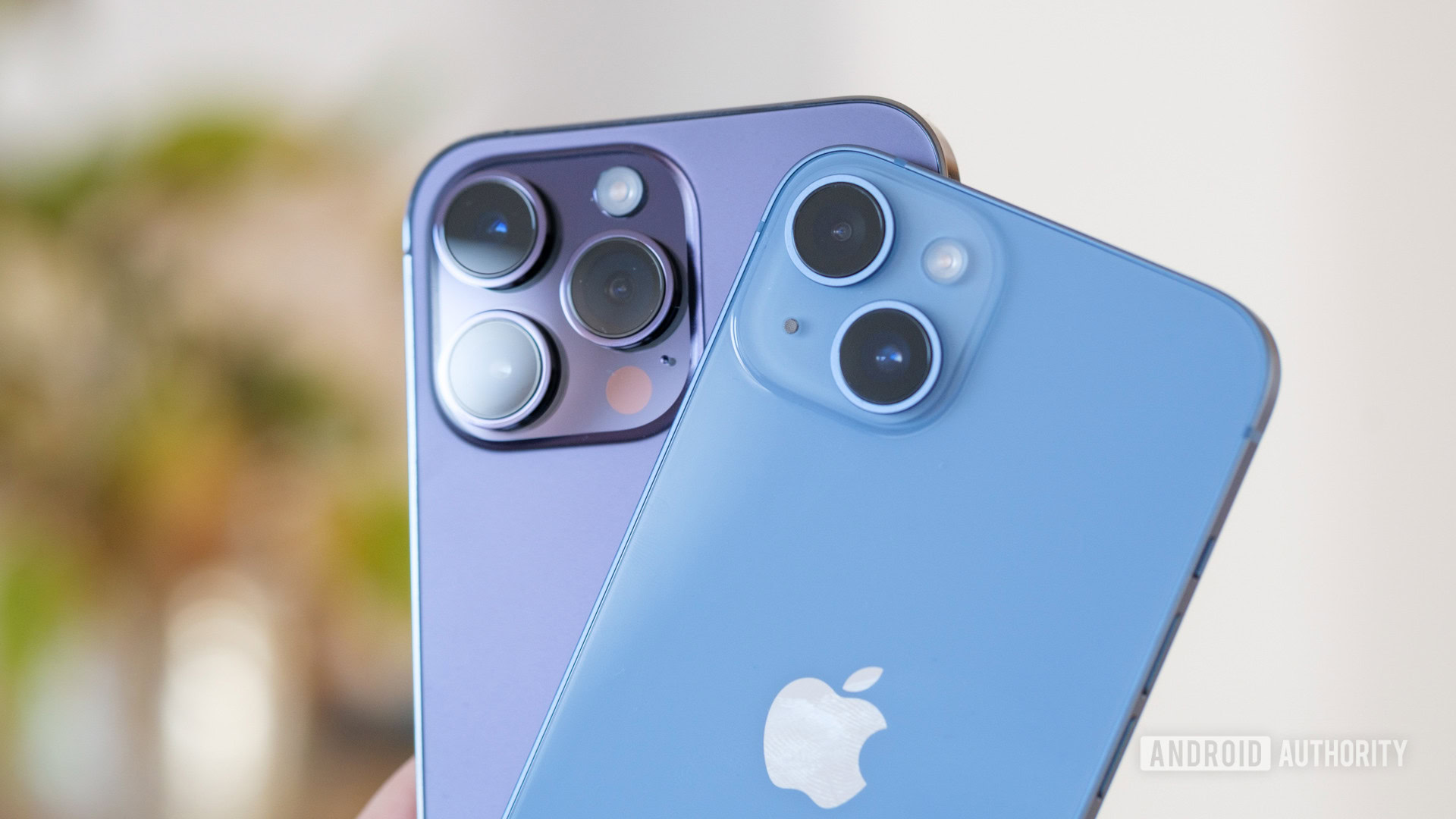Affiliate links on Android Authority may earn us a commission. Learn more.
The iPhone 14's repairability issues are causing repair professionals to quit
Published onSeptember 19, 2023

- iFixit has announced they are dropping the iPhone 14’s repairability score.
- Apple has reportedly made it difficult for independent repair shops to repair the device.
- The way Apple has approached repairability is causing some repair professionals to leave the business entirely.
In 2022, the iPhone 14 received praise for being the most repairable iPhone since the iPhone 7, according to iFixit‘s repairability score. However, that score is now being downgraded because of the limitations Apple has placed on repairs.
Today, iFixit announced it is revising the iPhone 14’s repairability score. The handset was initially given a recommended 7 out of 10 score for its updated repair-friendly architecture. But the phone will now be downgraded to a do not recommend 4 out of 10.
The reasoning behind the score change reportedly has to do with Apple’s restrictive approach to how repairs are handled. According to the site, major repairs on modern iPhones require approval from Apple. In addition, the repairer has to buy parts through Apple’s system and have the repair validated using Apple’s System Configuration tool — a tool that pings Apple’s servers to authenticate and pair the component with the rest of your phone. If this process isn’t followed, the user could experience limited or missing features.
In short, the iPhone 14’s hardware is easy to repair, but Apple’s required software validation adds an unnecessary complication to the mix. So you could replace something with a genuine Apple part, but it won’t work without that software handshake.
To be fair, this process could be Apple’s way to ensure that fixes are done properly and customers aren’t inconvenienced. But it also comes off as Apple wanting full control over the customer experience from every facet.
All of this is a big headache for the phone repair industry. As iFixit explains, repair shops work by harvesting parts from broken devices or getting aftermarket parts. Apple’s approach makes harvesting and recycling parts pointless, which is a big part of an independent repair shop’s business. It would also require these shops to send your personal information to Apple or agree to five years of audits to be allowed to do their job.
As a result, the conflict between these repair shops and Apple has reportedly gotten so bad that some professionals have decided to leave the business entirely. And this problem likely won’t be confined to the iPhone 14.
The Cupertino firm confirmed during the iPhone 15 reveal event that the phone would also have the iPhone 14’s repairable architecture. But if Apple doesn’t change its parts pairing practice, it won’t matter much.